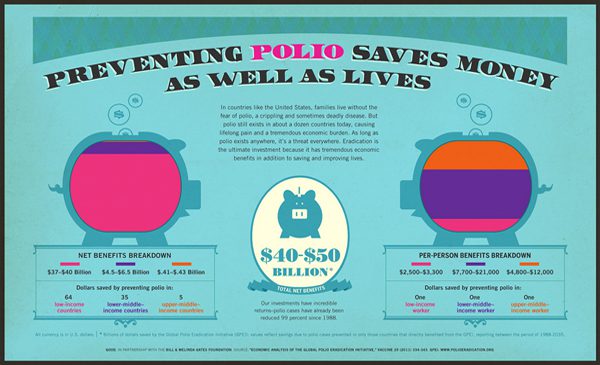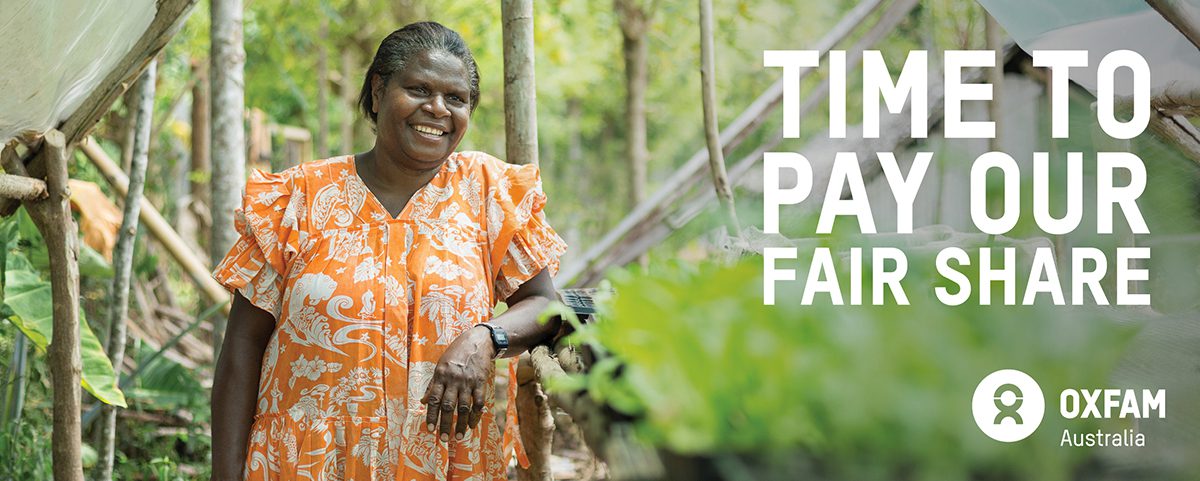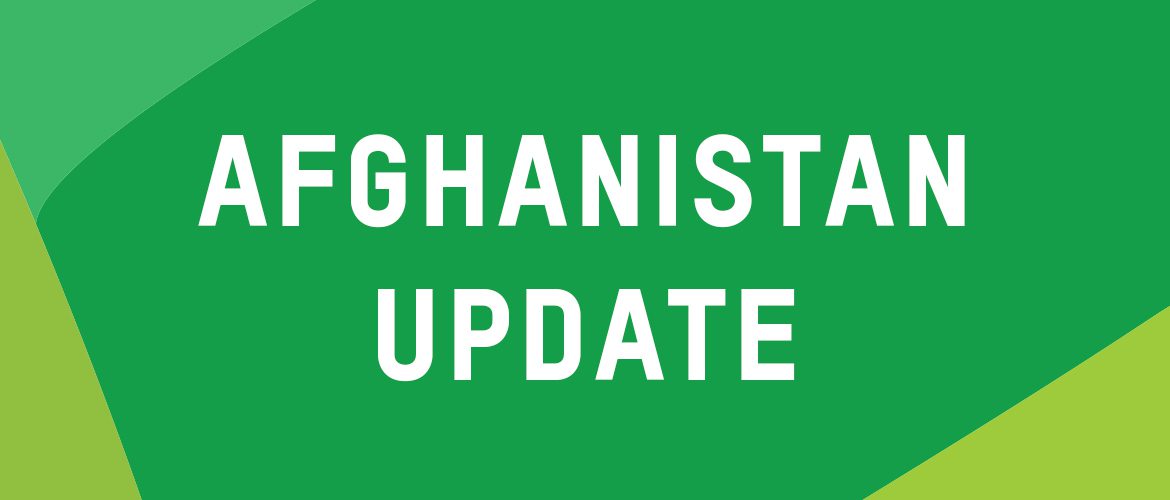Today we’re keen to showcase a great campaign by our friends at the Global Poverty Project – The End of Polio.
Ending polio is the right thing to do – we should take steps to reduce and eliminate debilitating diseases wherever they are. But beyond that, we need to end polio because:
- It’s a generation defining achievement.
- It’s part of a global movement for justice, and the end of extreme poverty.
- Polio anywhere is a threat everywhere.
- Eradication is cheaper than containment.
Our generation stands on the brink of eradicating the second human disease in history. Global efforts ensured the eradication of smallpox in 1979, now we have the opportunity to rid the world of polio, a debilitating and potentially fatal disease that threatens the lives and prosperity of millions. It’s sometimes hard to see that humanity is making any progress against injustice, and ending polio would show a generation that change isn’t just possible, it’s real.
Polio eradication and the elimination of preventable disease are essential ingredients in the fight against extreme poverty. The continuing existence of this debilitating disease risks the livelihood and futures of vulnerable communities; threatening to pull them deeper into the cycle of poverty. With a simple public health intervention we could not only protect future generations from polio, but also demonstrate that progress in the fight against extreme poverty is not only possible, but happening right now.
The continued existence of polio remains a global threat. Between 2003 and 2005, 25 nations that were previously polio-free faced re-emergence as travellers carrying the infection brought polio back to their country. Ease of transmission means that even polio-free countries must continue to ensure high levels of immunisation coverage to prevent the spread and re-establishment of the virus in their communities. If not completely extinguished, polio could spread rapidly. For the safety and health of all communities, we must commit to eradication.
A study published in the Lancet in 2007 showed that the cost of merely trying to contain polio to current levels would exceed the cost of eradication by billions of dollars over the next 20 years. When compared to routine immunisation, the incremental net benefits of achieving global eradication are estimated to be between $40 to $50 billion – reflecting the economic impact of treatment costs and gains in productivity. Already, the elimination of polio in the United States has yielded net economic benefits that exceed $180 billion.
Join the campaign that is working towards The End of Polio.
Pic: GOOD magazine




